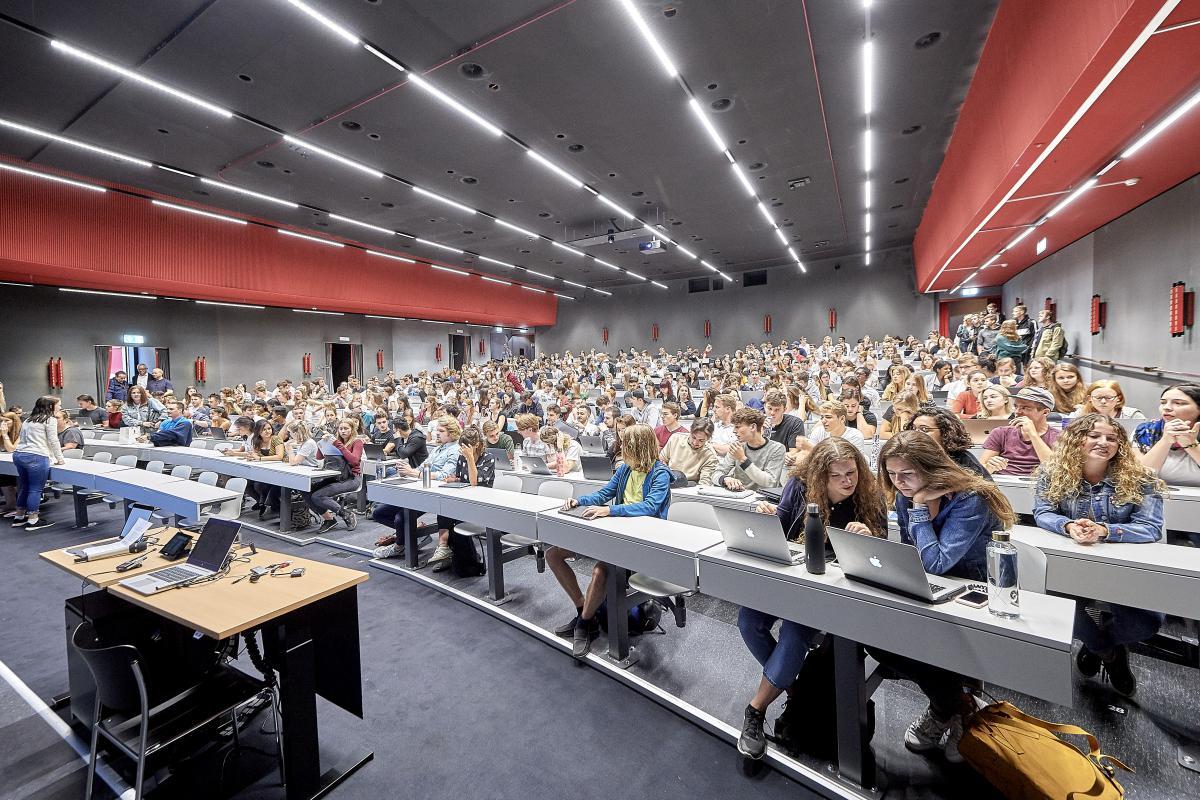Academic supervisors

Why do FCS scholarship applicant contact professors in Switzerland?
Swiss Government Excellence Scholarships are intended as Switzerland’s contribution to preparing the next generation of professors and researchers in the country of origin. This is particularly crucial and important for doctoral students from developing countries or in countries that lack a strong tradition of PhD studies. Personal relations are an essential element in providing access to Switzerland’s academic institutions and networks. Each application for a Swiss Government Excellence Scholarship must therefore be backed by a professor who has agreed to supervise the research, integrate the scholarship holder into their team and provide good research conditions.
(taken from: Info sheet FAQ for applicants and academic supervisors)
What does supporting an FCS scholarship applicant involve?
The decision to act as academic supervisor or not is entirely up to you, of course. If you decide to do so, please bear in mind that giving your support is a commitment. In other words, if you choose to support a candidate, it means that you are familiar with his/her research project, you have discussed it with the applicant, and the research project relates to the research that you conduct in your department or laboratory. It is also important to realise that your support is not just a personal commitment: indirectly, it reflects on the research carried out by your institution, which places a double burden of responsibility on your shoulders.
(taken from: Info sheet FAQ for applicants and academic supervisors)
How do I provide support to an FCS scholarship applicant?
Please send a letter describing in sufficient detail the research proposal, your relation to the candidate and possible future collaboration, and enclose your short CV.
This confirmation of support should be written on paper with an official letterhead showing your institution’s official contact details.
(taken from: Info sheet FAQ for applicants and academic supervisors)
Should I support more than one candidate?
Do not assume that you will increase the chances of success by supporting several applicants: the FCS has a clear preference for solid support to individual applicants as opposed to noncommittal support for multiple applicants.
(taken from: Info sheet FAQ for applicants and academic supervisors)
What is the role of an academic supervisor?
If you agree to act as an academic supervisor, you agree to supervise the scholarship holder during their whole research stay (12 months for research fellows and post-docs or 36 months for PhD scholarship holders). You agree to integrate the scholarship holder into your team and provide good research conditions (lab space and access to infrastructure, library etc.).
PhD thesis supervisors should do their utmost to ensure that adequate funding is available after the scholarship so that the thesis can be completed within a reasonable timeframe (1 or 2 additional years maximum).
(taken from: Info sheet FAQ for applicants and academic supervisors)
What makes a "good" application?
During the selection process, special attention is paid to your support and commitment to the application. Your letter of support could be the decisive element in the scholarship application.
As mentioned in the leaflet "Will you be my supervisor?", other important criteria are the academic profile of the applicant, his/her research capacity and personal motivation. When supporting an applicant, you might want to consider these criteria.
The research project will be evaluated on the aspect of "originality" (innovation, relevance), as well as on methodological coherence and feasibility.
It is an advantage, if the project is closely related to the research at your institute.
It is also conducive for a succesful application if an academic collaboration already exists between you or your institutions or if such a collaboration is possible in the future. This aspect is particularly important at the postdoc level.
For further information and advice, please contact the FCS reception service UniBE.
Is additional employment allowed?
The stipend for doctoral and postdoctoral students is significantly lower than a regular salary at the same level of education.
You may compensate the difference to the regular salary by an "additional employment". The scholarship committee has guidelines for this, which are announced in the "Scholarship instructions" when the scholarships are awarded.
Will the FCS support stays outside of Switzerland?
As a general rule, the scholarship is intended for full-time study and research in Switzerland, i.e. the scholarship holder must move to Switzerland. No additional funding for conferences, research stays or field work abroad is supported.
Exception: Doctoral fellows are allowed to do field work abroad for up to 6 months without losing their fellowship. For this purpose, an application must be submitted to the scholarship committee in due time. If it is clear from the beginning that field work is an essential part of the doctorate, this should already be clearly stated in the application for the scholarship and also in the letter of support.
The scholarship committee does not support travel expenses and other field work expenses.
